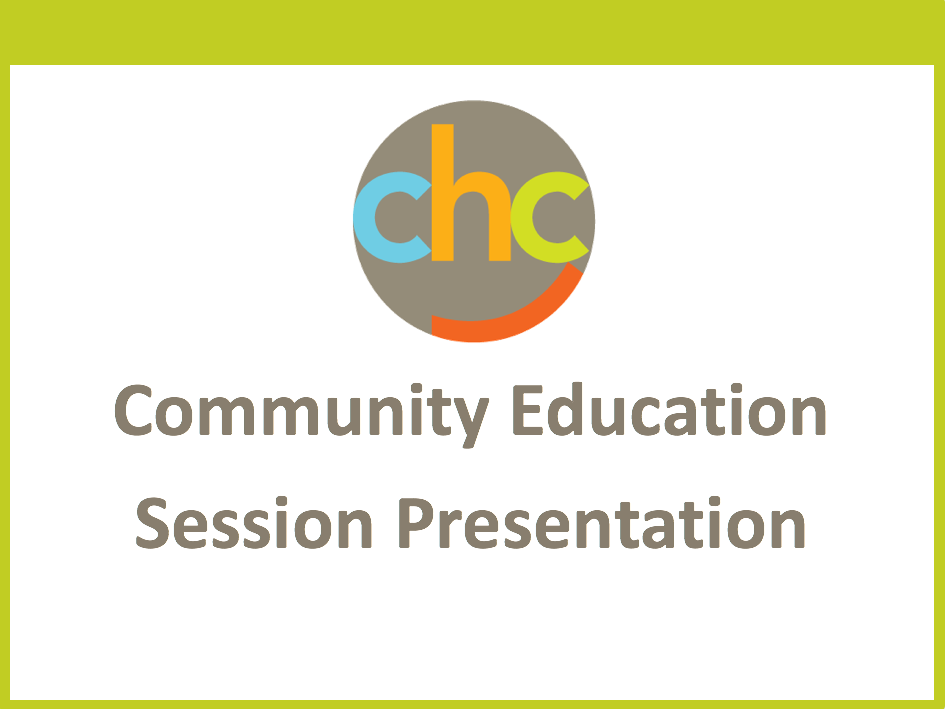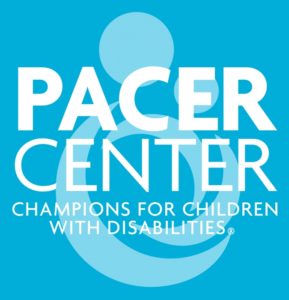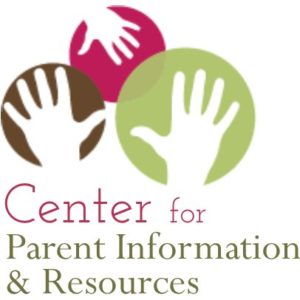How I Learned Not to Be “That Mom” — a Mother’s Experience Advocating for Her Child with a Learning Disability
 Amy Valentine is the director of the Foundation for Blended and Online Learning (now Future of School), and she previously served as executive director of three virtual schools in Colorado. In early 2016, Valentine’s son was diagnosed with dysgraphia, a learning disability similar to dyslexia.
Amy Valentine is the director of the Foundation for Blended and Online Learning (now Future of School), and she previously served as executive director of three virtual schools in Colorado. In early 2016, Valentine’s son was diagnosed with dysgraphia, a learning disability similar to dyslexia.
This is a difficult situation for a school, especially pre-diagnosis. As Valentine explains, “Post-diagnosis, though, there is support available for students who struggle to overcome a learning disability, from individual education plans to resource teachers and and technology assists. For my son, however, these tools did not materialize.” Read more ›

 The following are signs of common speech and language disorders in children between birth to 4 years of age, an important stage in early detection of communication disorders.
The following are signs of common speech and language disorders in children between birth to 4 years of age, an important stage in early detection of communication disorders. 
 PACER Center
PACER Center
 The
The 

